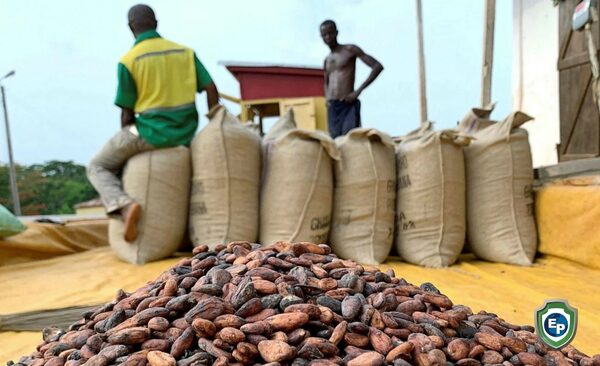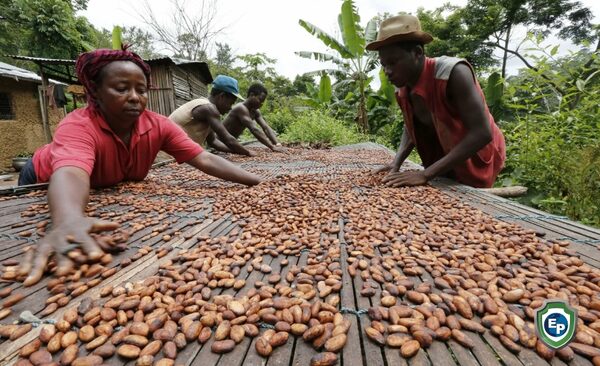The Summary of Government Agencies That Regulate Ghanaian Exports
Governments around the world should encourage exports because they can create jobs, raise salaries, and improve living standards. The Ghanaian government has thus developed a number of regulatory bodies to assist in the regulation of exports.
The first of these bodies is the Ministry of Trade and Industry (MOTI). Under the leadership of Hon. Alan Kyerematen, MOTI is responsible for advising the government on trade, industrial, and private sector development and formulating policies for the promotion, growth, and development of international and domestic trade and industry.

MOTI recently introduced a policy to ensure export duties and taxes don’t cause exports to become uncompetitive in international markets. Ghana’s exports tend to be uncompetitive in global markets because of export duties and taxes.
As a result, the government ruled that it would only levy export taxes on selected products at a rate comparable to the value of the services provided to that sector, excluding taxes usually payable and any social expenses, such as the depletion of natural resources.
Assistance from the GEPA
As part of MOTI, the Ghana Export Promotion Authority (GEPA) assists in facilitating, developing, and promoting Ghanaian exports. GEPA is a government agency specifically tasked with facilitating and managing Ghana’s export trade. It was formed by Act 396 in 1969 under the Ministry of Trade and Industry responsible for developing and promoting Ghanaian exports.
Gold, cocoa beans, and timber products are Ghana’s main exports. Ghana has prioritized diversifying its export base away from traditional gold and other raw minerals, cocoa beans, timber logs, and lumber.
Tuna, aluminum, manganese ore, diamonds, and horticulture are among Ghana’s other products. Meanwhile, the Netherlands, Burkina Faso, South Africa, and the United Kingdom are the country’s main export partners. GEPA also aims to boost Ghana’s economic growth by aggressively marketing Made-in-Ghana products in the competitive global market.

Another primary objective of GEPA is to transform it into a dynamic world-class trade promotion organization that can play a leading role in developing a dominant and sustainable position for non-traditional Ghanaian exports.
The non-traditional export program offers 383 different products that can be classified as agricultural, processed/semi-processed, or handcrafted. Exporting services is a recent addition to non-traditional exports.
Learn More with Export Portal
Any business that engages in international trade knows the essential role that proper documentation plays in ensuring successful transactions. To gain more valuable information on trading, make sure to check out the rest of our site!


